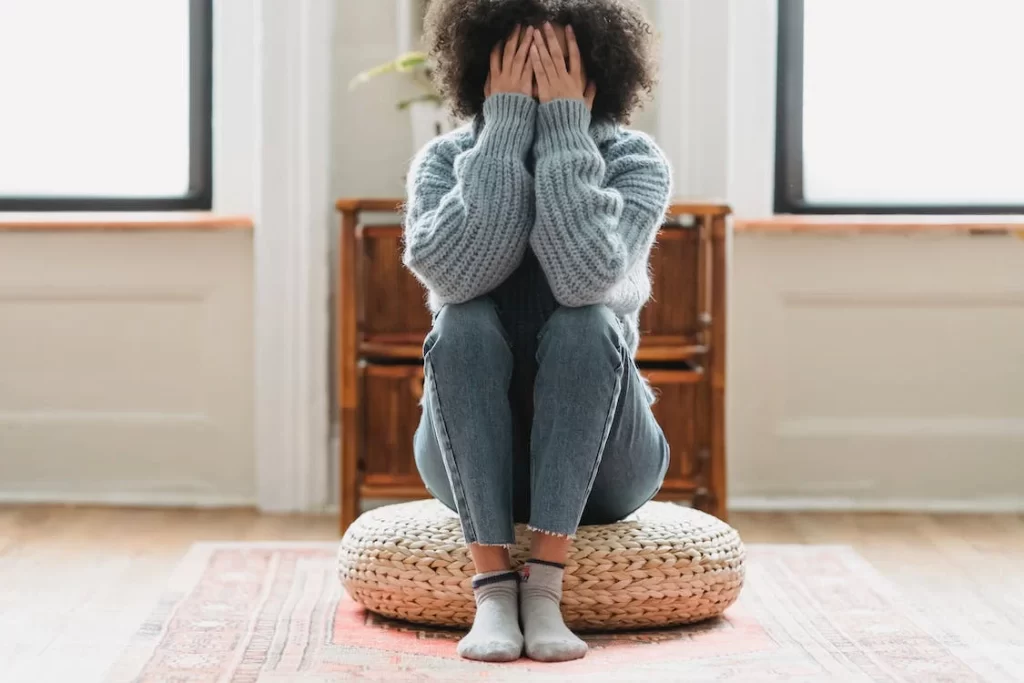By: Jessica Taylor, LPC
A lot of times, we as humans live similar experiences, but we feel so alone when we are going through things like depression and grief. Of course, nothing about the human experience is a one-size-fits all kind of thing, but these are some things that I have learned through not only trainings on the topic, but also when working with clients to move through their experiences of grief and loss.
- Grief is not linear
- You’ve probably heard of the five stages of grief: denial, anger, bargaining, depression, and acceptance.
- But something that you might not know, is that the researcher who created those 5 stages, Elizabeth Kubler Ross, actually got her data from speaking with people who were dying of terminal illnesses, not people who had lost a loved one.
- Because of the five stages of grief becoming so prevalent in our society’s conversations about what grief and loss typically look like, a lot of people believe the misconception that we are supposed to neatly go through all of the stages to properly grieve.
- But in reality, grief is messy and anything but linear.
- This means, we can go from anger, to acceptance, back to anger, then to denial and so on.
- In addition, even if you have gone through the “five stages,” it doesn’t mean you are done with grieving. You might feel better for years, and then all the sudden you feel angry about losing that person again.
- It feels like almost everyone around you has “moved on” before you
- If you were extremely close to the person who passed, and they were a part of your everyday life, you are going to be surprised by how quickly it seems other people “move on.”
- And you might feel that they want you to move on too.
- For example, people I have worked with, worry that they are going to make friends uncomfortable by talking about the person who has passed, or talking about their grief, because people have stopped asking how they are feeling or dealing with the grief.
- In this society, we are not really taught how to properly support people who are grieving.
- But please know that if someone is a true friend, they are not going to be bothered by you needing to share stories about the loved one who has passed or sharing that you are struggling emotionally.
- Do not isolate yourself from lived ones. Connection is so important, especially when we are grieving.
- Moving on from grief isn’t really a thing
- I once heard a beautiful saying about grief. It was that our grief doesn’t get smaller, we just get bigger.
- We grow from the experience of significant loss and instead learn to wrap ourselves around the grief and keep moving through life (even though in those first few days after losing someone, we wonder how we will ever live a normal life again.)
- A client recently said something so powerful about their grief, which they have been moving through for a few years now. They said, “I want to merge my grief with happiness.” This meant that they knew their feelings of grief and loss would never go away completely, but they felt ready to start living life again, while still honoring whatever emotions came up about the loved one they had lost.
- You will probably feel guilty
- Guilt after loss is just part of the human experience.
- Existential psychologists, such as Irvin Yalom, theorize that the feelings of guilt that come up after loss are actually our unconscious attempts at trying to deny our own mortality. Humans hate to think about or accept the fact that we will all one day die.
- So instead, we focus on guilt—what could I have done differently? Focusing on guilt makes us think that we could have had some control over the matter.
- For example, someone grieving might think: “If I had just called this person more often, this would have never happened.”
- Please remember this: guilt is normal, but it is not helpful. It will not bring the person back and it will not help you feel better.
- You shouldn’t avoid or try to push your feelings away
- Avoidance is one of the most common coping skills because it feels really good in the moment.
- But everything you avoid will eventually catch up to you.
- Instead of using avoidance, let the messiness of grief happen.
- There is no going around grief. There is only going through it.
- You need rituals
- Rituals after a loss are so important.
- Think about funerals and memorials. Those are to honor the people we have lost, sure, but they are mostly for us to try to gain some semblance of closure. To begin helping our mind wrap around the idea that a person is gone.
- Here are some other examples of rituals that might help when grieving a loss:
- Having a cupcake on their birthday.
- Writing a social media post on an important date.
- Going to their favorite restaurant or their gravesite on the anniversary of their death.
- These things can be really impactful ways of honoring them, but can also help us manage our grief in a healthy way.
Are you in the thick of your grief? Do you need help moving through it? Our licensed therapists are here to help. Reach out today to get started.

